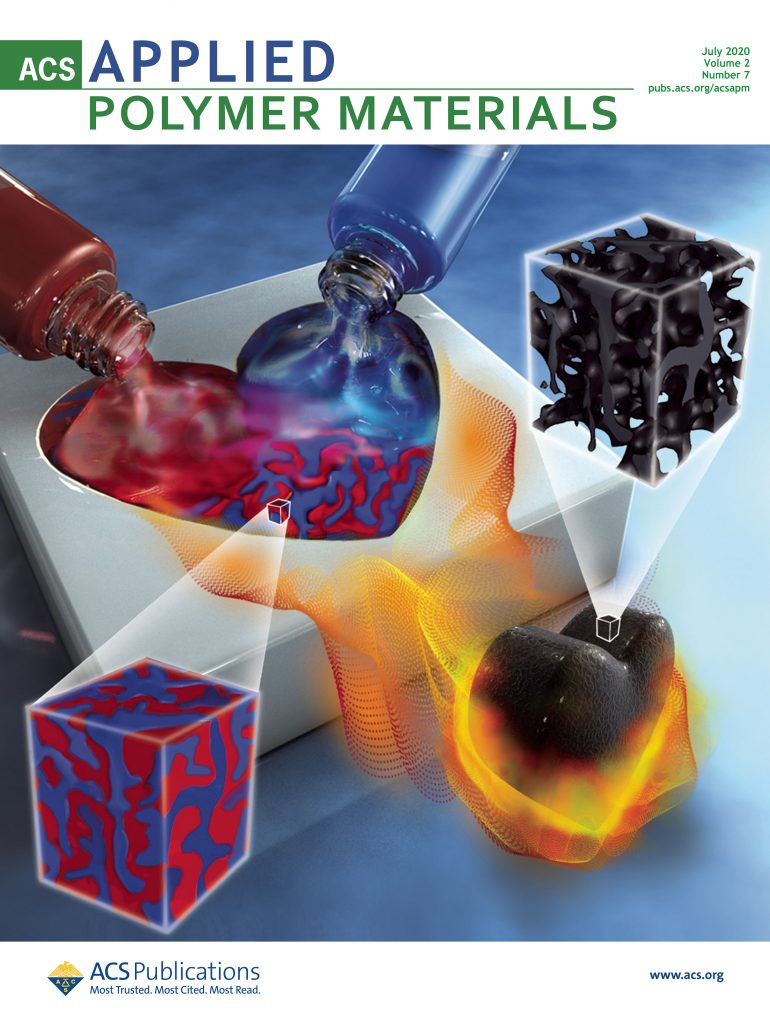M2SKD:针对低功耗可穿戴系统的癫痫发作实时检测的多对单知识提炼
IF 4.4
2区 化学
Q2 MATERIALS SCIENCE, MULTIDISCIPLINARY
引用次数: 0
摘要
将低功耗可穿戴系统集成到常规健康监测中是一项持续的挑战。可穿戴设备计算能力的最新进展使得利用多种生物信号和高性能算法(如深度神经网络 (DNN))针对复杂场景成为可能。然而,算法的性能与资源有限的平台对低功耗的要求之间存在权衡。此外,体积较大和基于多生物信号的可穿戴设备会给患者带来明显不适。因此,要让患者在日常生活中持续使用可穿戴设备,就必须降低功耗和不适感。为了克服这些挑战,在癫痫发作检测方面,我们提出了针对可穿戴系统中单生物信号处理的 M2SKD(多对单知识蒸馏)方法。该方法的出发点是训练一个高精确度的多生物信号 DNN,然后应用 M2SKD 为可穿戴系统开发一个单生物信号 DNN 解决方案,其精确度可与原始的多生物信号 DNN 相媲美。为了评估我们的方法在现实生活场景中的实用性,我们在多个边缘计算平台上进行了全面的模拟实验分析。本文章由计算机程序翻译,如有差异,请以英文原文为准。
M2SKD: Multi-to-Single Knowledge Distillation of Real-Time Epileptic Seizure Detection for Low-Power Wearable Systems
Integrating low-power wearable systems into routine health monitoring is an ongoing challenge. Recent advances in the computation capabilities of wearables make it possible to target complex scenarios by exploiting multiple biosignals and using high-performance algorithms, such as Deep Neural Networks (DNNs). However, there is a trade-off between the algorithms’ performance and the low-power requirements of platforms with limited resources. Besides, physically larger and multi-biosignal-based wearables bring significant discomfort to the patients. Consequently, reducing power consumption and discomfort is necessary for patients to use wearable devices continuously during everyday life. To overcome these challenges, in the context of epileptic seizure detection, we propose the M2SKD (Multi-to-Single Knowledge Distillation) approach targeting single-biosignal processing in wearable systems. The starting point is to train a highly-accurate multi-biosignal DNN, then apply M2SKD to develop a single-biosignal DNN solution for wearable systems that achieves an accuracy comparable to the original multi-biosignal DNN. To assess the practicality of our approach to real-life scenarios, we perform a comprehensive simulation experiment analysis on several edge computing platforms.
求助全文
通过发布文献求助,成功后即可免费获取论文全文。
去求助
来源期刊

ACS Applied Polymer Materials
Multiple-
CiteScore
7.20
自引率
6.00%
发文量
810
期刊介绍:
ACS Applied Polymer Materials is an interdisciplinary journal publishing original research covering all aspects of engineering, chemistry, physics, and biology relevant to applications of polymers.
The journal is devoted to reports of new and original experimental and theoretical research of an applied nature that integrates fundamental knowledge in the areas of materials, engineering, physics, bioscience, polymer science and chemistry into important polymer applications. The journal is specifically interested in work that addresses relationships among structure, processing, morphology, chemistry, properties, and function as well as work that provide insights into mechanisms critical to the performance of the polymer for applications.
 求助内容:
求助内容: 应助结果提醒方式:
应助结果提醒方式:


